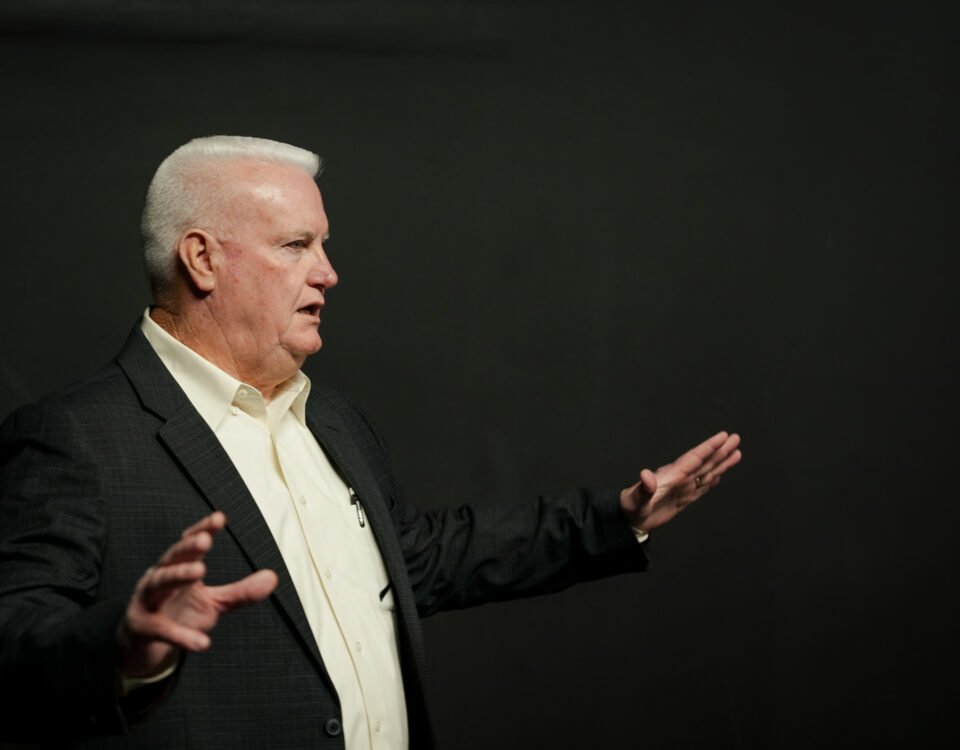February 20, 2024

From the Battlefield to the Ballot: The Remarkable Journey of Colonel Vincent D. Crabb
January 22, 2024
Revamping School Safety: Colonel Crabb’s Conservative Solutions for Texas Education
January 26, 2024
From the Battlefield to the Ballot: The Remarkable Journey of Colonel Vincent D. Crabb
January 22, 2024


